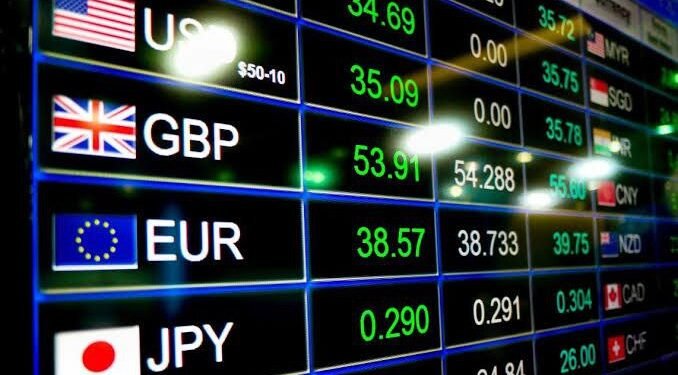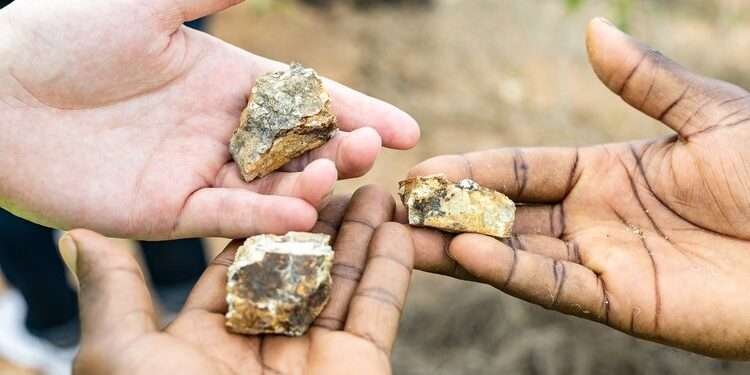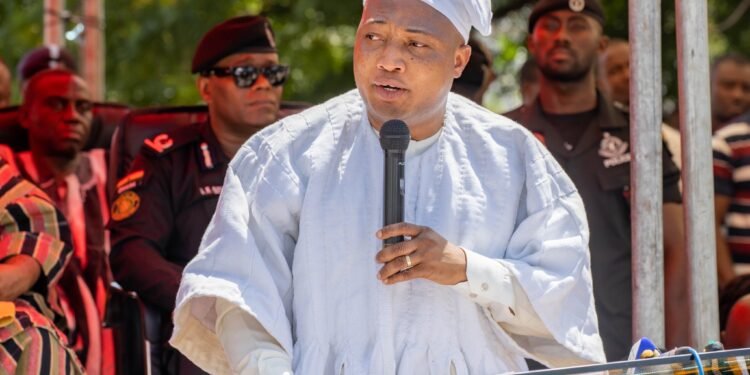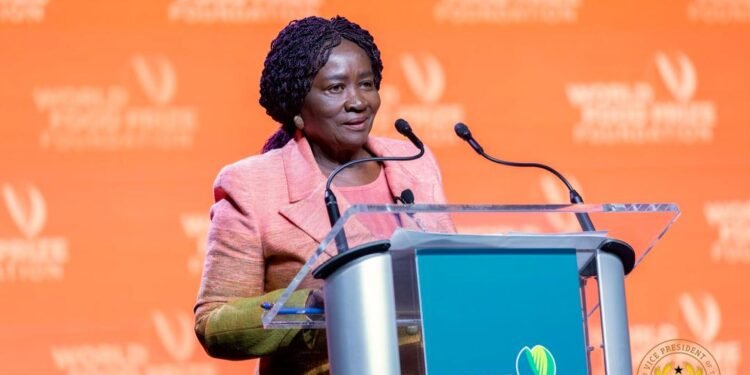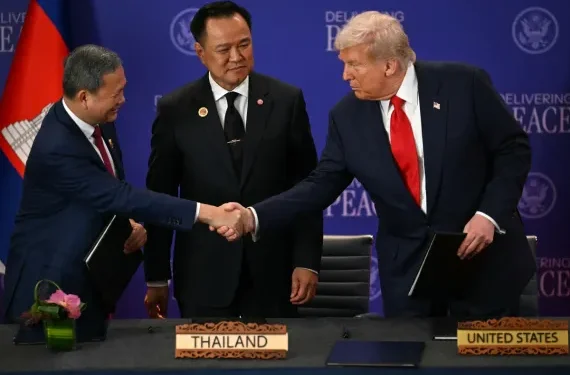US Secretary of State Marco Rubio will not attend a two-day summit of foreign ministers from the world’s leading economies, citing host South Africa’s policies as anti-American.
The G20 meeting, set to begin on Thursday, February 20 in Johannesburg, will instead see the US represented by a lower-level delegation.
Rubio, who just completed his first trip to the Middle East as America’s chief diplomat, was en route back to Washington on Wednesday after leading discussions with Russian officials in Riyadh over the ongoing war in Ukraine.
Following his meeting with Russian Foreign Minister Sergey Lavrov, Rubio promptly briefed his counterparts from France, Germany, Italy, the United Kingdom, and the European Union’s chief foreign policy official, according to the US State Department.
The G20 summit in Johannesburg will see top European diplomats, Lavrov, and Chinese Foreign Minister Wang Yi in attendance. However, Rubio’s decision to abstain reflects what analysts describe as the Trump administration’s disengagement from multilateral organizations.
Traditionally, such a gathering would provide an opportunity for the US to advocate its foreign policy positions, particularly at the start of a new administration.
South Africa, the first African nation to hold the G20 presidency, has prioritized themes of solidarity, equality, and sustainability. The nation aims to advance the interests of developing economies, with a particular focus on debt relief and climate change mitigation. Many developing nations have been urging wealthier countries to provide greater financial contributions toward climate initiatives.
However, Rubio has been vocal in rejecting South Africa’s G20 agenda. In a post on X earlier this month, he declared that he would also boycott the main G20 summit in Johannesburg in November, criticizing South Africa for using the event to push “diversity, equality, and inclusion frameworks. In other words: DEI and climate change.”
“My job is to advance America’s national interests, not waste taxpayer money or coddle anti-Americanism.”
Marco Rubio
US-South Africa Relations Under Strain
Rubio’s absence from the G20 discussions highlights a significant decline in US-South Africa relations. South Africa has long been considered a key American trade partner on the continent, but diplomatic tensions have escalated in recent weeks.
President Donald Trump recently signed an executive order suspending US aid and assistance to South Africa, citing a controversial land reform law that he claims discriminates against white farmers. The order also condemned South Africa’s foreign policy, particularly its ongoing case at the International Court of Justice accusing Israel of genocide in Gaza, as well as its perceived closeness to China’s Communist Party.
Despite these tensions, South Africa is set to hand over the G20 presidency to the US at the end of this year. Under G20 protocols, the two nations will still be required to collaborate in managing the transition.
South African Foreign Minister Ronald Lamola downplayed Rubio’s absence, stating on Wednesday that the US delegation “will be represented in Johannesburg in one form or shape or another.” He emphasized that the Secretary of State’s absence “does not amount to a complete boycott of South Africa’s G20.”
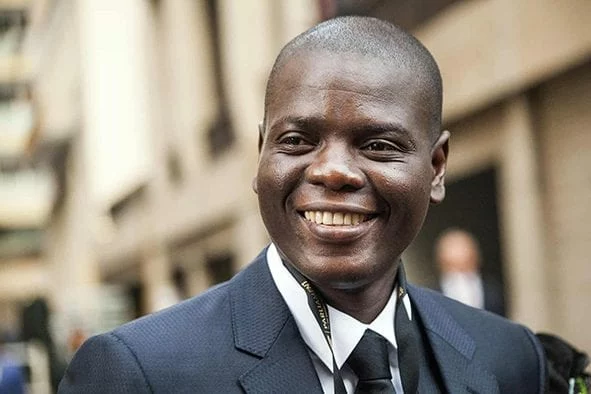
Analysts remain hopeful that the G20 will make progress under South Africa’s leadership, even with limited US participation. While European nations have their own concerns about future relations with the Trump administration — especially after it sidelined them in its recent negotiations with Russia — they continue to support South Africa’s G20 presidency.
Oscar van Heerden, senior researcher at the University of Johannesburg’s Centre of African Diplomacy and Leadership, noted that while “no one wants to be on the wrong side of the United States,” international priorities often diverge from Washington’s approach.
Amid shifting global alliances, European leaders see the G20 as an opportunity to reinforce inclusivity within international diplomacy. The EU’s foreign policy chief, Kaja Kallas, underscored this sentiment during her visit to South Africa.
“Multilateralism is under threat right now … We also need to use this opportunity to develop the international system further to be more inclusive for all countries in the world.”
Kaja Kallas
As the Johannesburg summit progresses, the absence of America’s top diplomat signals Washington’s increasingly selective approach to international engagement. Whether the G20 can overcome these diplomatic roadblocks remains to be seen.
READ ALSO: GNAT Urges GES To Rescind Decision on Mass Dismissals











